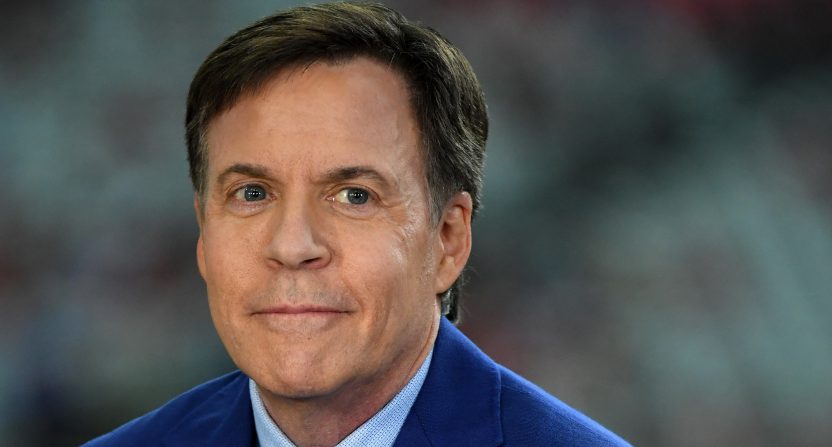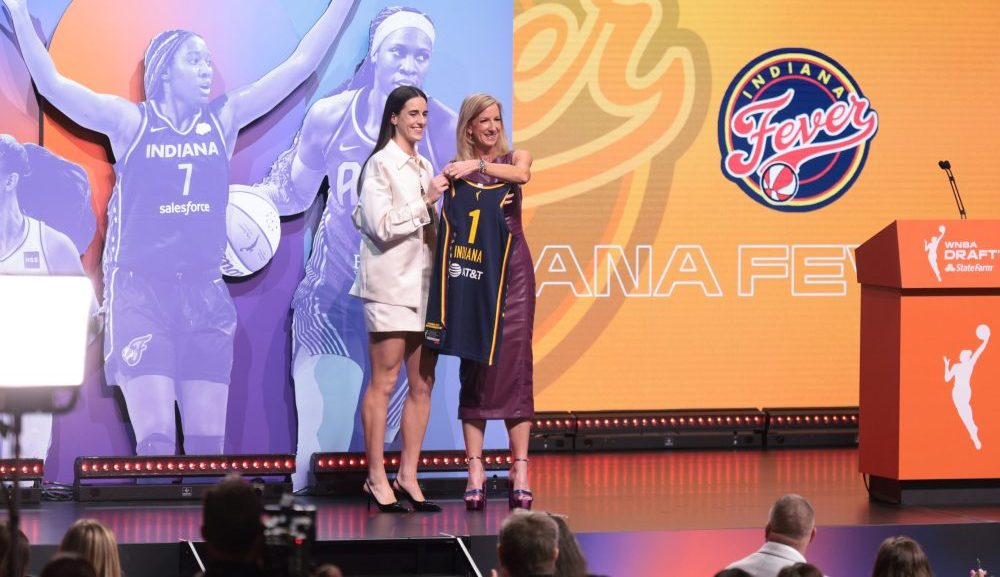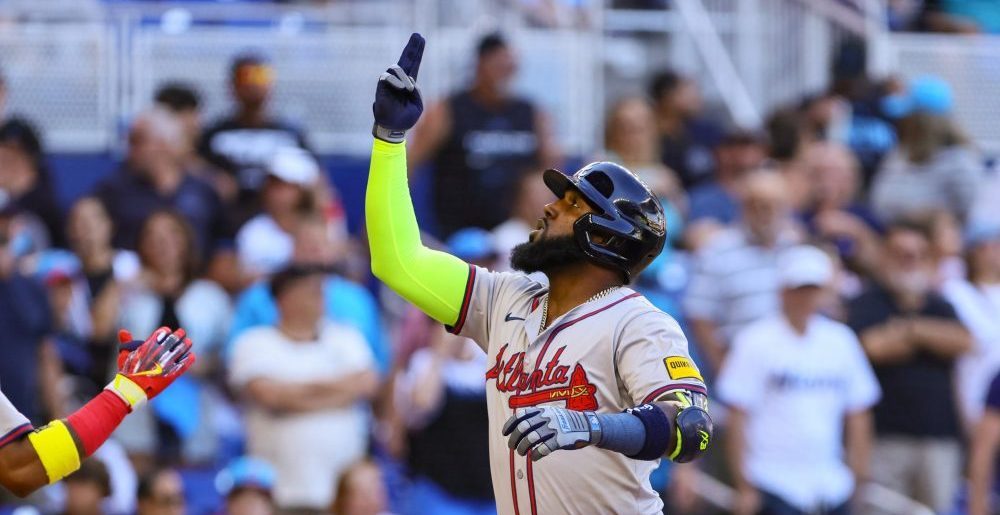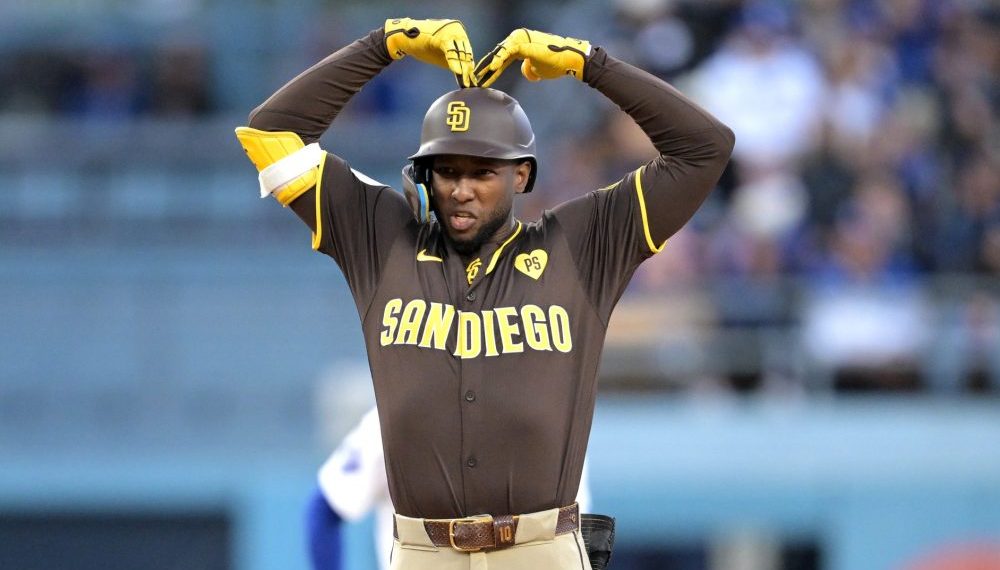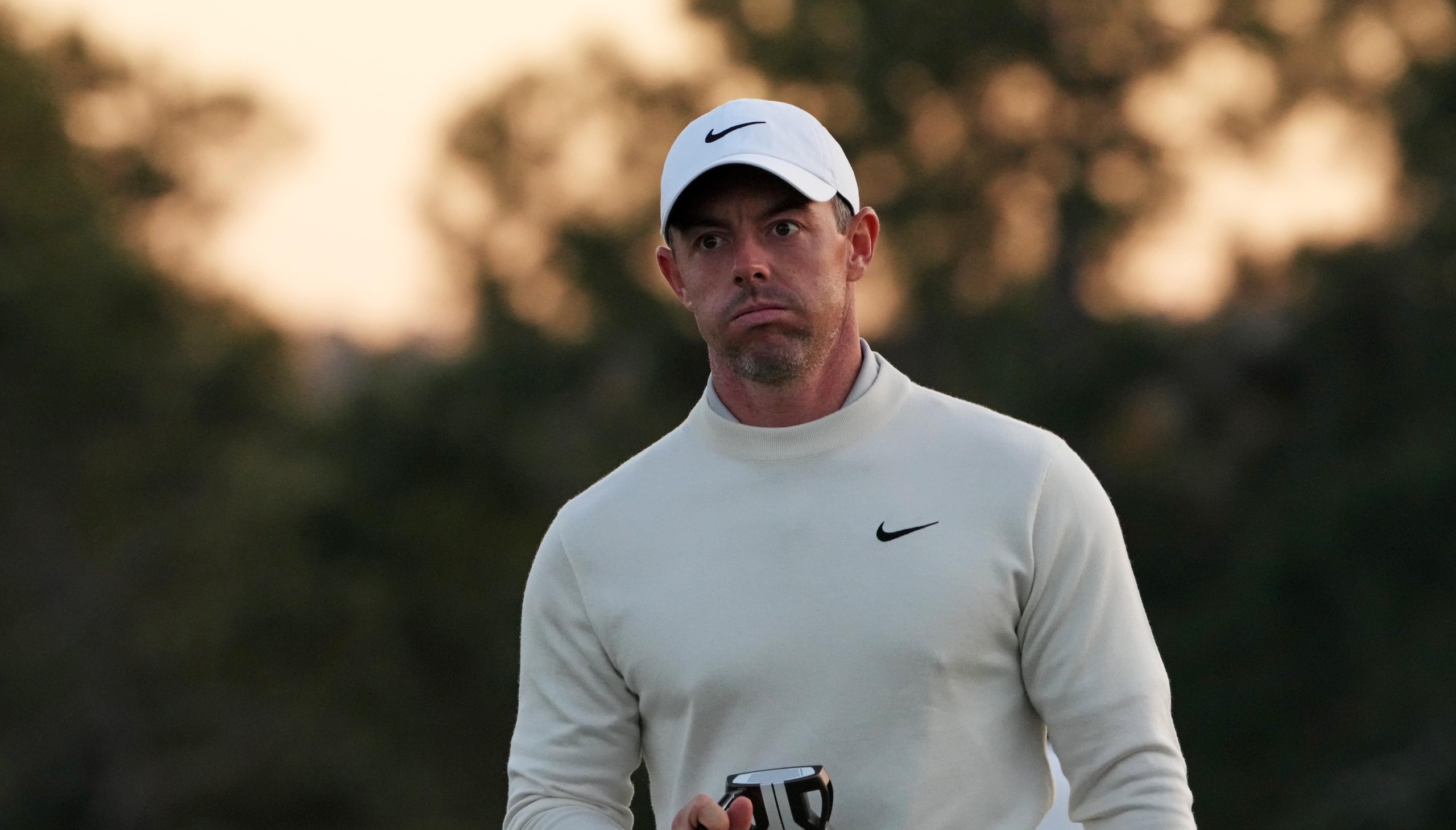While ESPN has settled on Matt Vasgersian, Alex Rodriguez, and Jessica Mendoza as their new Sunday Night Baseball booth following the departures of Dan Shulman and Aaron Boone, plenty of other options were considered. In December, we discussed some of the possibilities, which included Mendoza working with an existing booth like Jon Sciambi and Rick Sutcliffe or Sciambi and David Ross or going it alone with another play-by-play voice like Karl Ravech or Dave Flemming, and in early January, those three play-by-play commentators appeared to be the favorites.
But the announcement of Vasgerian and Rodriguez later that month came as a bit of a surprise, and Andrew Marchand of The New York Post has now provided some insight into how that happened, and his piece involves another surprising name: Bob Costas.
Shortly after the Astros-Dodgers World Series ended in November, then-ESPN president John Skipper had a meeting with Bob Costas to gauge if the 65-year-old would be interested in putting a bow on his Hall of Fame baseball broadcast career by calling Sunday night games, sources told The Post.
It was one meeting and it ended up going nowhere, but it displayed how much ESPN wanted to add star power to its booth to try to goose interest. ESPN would zero in further on Rodriguez as the main analyst, which, in turn, complicated the play-by-play spot that Skipper had put in front of Costas.
So they reached out to Costas but didn’t get too far, and the idea of Rodriguez (who Marchand says they were targeting as a potential Boone replacement as early as last July’s All-Star Break, long before Boone left after the season to take over as Yankees’ manager) may have proven a stumbling block there given Costas’ long-standing complaints about performance-enhancing drugs (which Rodriguez has admitted to using during his career). That could have made for some awkward chemistry.
But beyond that, it’s notable that Marchand writes that ESPN initially was looking internally on the play-by-play side, only bringing in Vasgersian from Fox/MLB Network thanks to Rodriguez’s agent:
In turn, A-Rod had great leverage, allowing his agent, Jon Rosen, to shoehorn another of his clients, Matt Vasgersian, into the play-by-play role, according to sources. Vasgersian was a qualified candidate but one who, while on ESPN’s radar, was not atop its “SNB” list.
Vasgersian received the job over longtime ESPNers Jon “Boog” Sciambi and Karl Ravech, as well as the voice of the Yankees, Michael Kay, according to sources.
It was the understanding of ESPN executives that Rodriguez and Vasgersian were a package deal, though it is unclear why A-Rod would care.
That helps to explain why ESPN would go outside the company here instead of promoting an internal candidate like Sciambi, Ravech or Kay. And maybe Rodriguez felt more comfortable with Vasgersian than any of those options, even though the two haven’t previously done a game together; if he did, it makes some sense that ESPN would go with what he wanted, as he appears to have been the real target here (and is a presumably more well-known name amongst many casual fans than any of these play-by-play broadcasters).
Even if this was about Rosen rather than Rodriguez, that’s still perhaps logical on Rodriguez’s part; he certainly had leverage here, and perhaps he was able to get a favor from Rosen somewhere else in return for a decision he didn’t care about that much, or even just to keep a strong relationship with his agent.
But Awful Announcing has heard that many who work on ESPN’s MLB coverage were surprised and dismayed Vasgerian was chosen instead of an internal candidate. Marchand’s piece about Vasgersian being chosen thanks to Rosen and Rodriguez helps make that decision make sense, and it’s understandable why ESPN management went that way; bringing in Rodriguez was the focus here, and they were probably willing to put him with whoever he wanted.
That hasn’t gone over well with some ESPN staffers, though. We’ll see if any further drama develops from that. In the meantime, this helps explain how ESPN was thinking and which avenues they explored, even if some, like trying for Costas, didn’t pan out.

